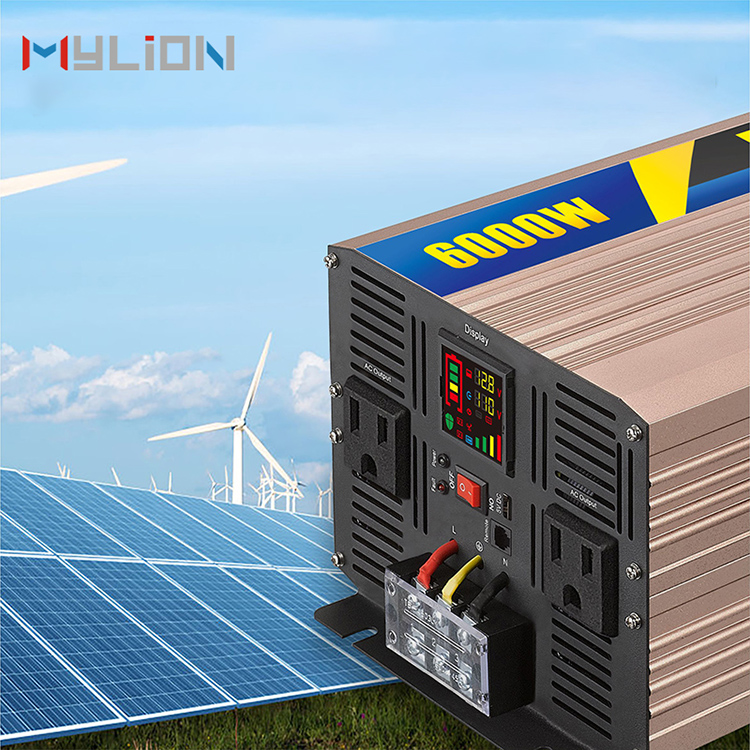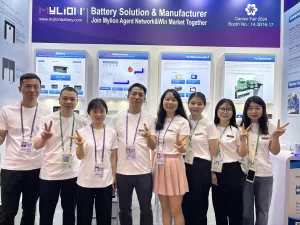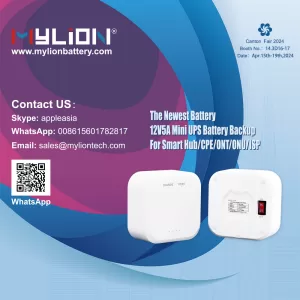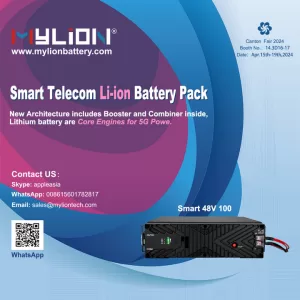To ensure that your home is always operational, it is vital to have reliable power to ensure that your appliances, computers, computer systems, and other devices run constantly. The two most popular options for uninterrupted power supply comprise the uninterruptible power source (UPS) and the inverters.
Before you decide on your purchase, it is important to know the difference between inverters and home UPS and their purposes.
We’ll give useful tips to help you select the most appropriate option.
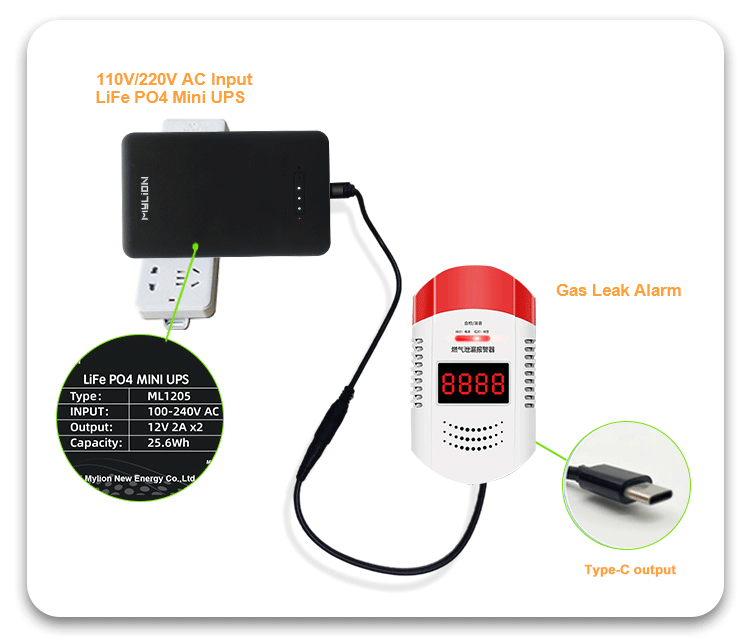
What is a UPS?
A Mini UPS, also known as a power source or Mini UPS (or power supply), is a device that provides power in an emergency or during a power outage. It is a source of electricity that can be used in emergency power sources like batteries or generators. If there’s a power interruption in the event of power being cut off, the UPS will take over and give your devices the power they require.
The most affluent UPS can be one which works online. It has its battery inside and gives continuous power control to your office or at home. It can also seamlessly switch between mains and emergency power with no interruption or flickering in the operations. Additionally, it comes with built-in protection against overvoltage and surges. Overvoltage. This ensures the electrical equipment is protected from abrupt voltage spikes.
What is the mechanism that is behind that UPS function?
An uninterrupted power source is a basic idea. It provides uninterrupted power during disruptions or blackouts in the grid power supply.
However, obtaining continuous power is only possible when two conditions are met:
The energy storage function is what the UPS utilizes if electricity is shut off. Batteries and charge controllers perform the function of energy storage.
Rapid response ensures that every device connected to the UPS can continue functioning in the event of a blackout. For instance, UPS units are employed in data centres to safeguard the data and equipment in the event of power grid issues.
What is an Inverter?
Inverters work by changing the direct current (DC) generated by the source battery into an alternating current (AC) that can be used by appliances at home. This permits the control of the power flow, guarantees the amount of electricity available and ensures that the devices are operating smoothly.
An inverter is more than just capable of providing stable power. Still, it also helps preserve it in the event of power shortages or an interruption in the power supply. It can do this because it can change effortlessly between input sources – whether AC mains or battery- depending on the one currently used. This helps safeguard against fluctuations in electrical power, which may sometimes be common.
Additionally, it comes with the option of “load-shedding”, which allows it to turn off certain appliances that aren’t necessary and still supply power to vital devices such as charging and lighting ports. Suppose you’re looking for an easy and cost-effective method to ensure that your home’s operation is never interrupted and running. In that case, an inverter is your ideal choice.
What is the function of Inverters?
What’s the goal of inverters? Inverters’ primary role is to convert DC energy into AC. They’re unable to create and store electric power; therefore, when it’s removed from the DC power source, its AC voltage is shut off. Inverters are classified by efficiency and power and typically have a capacity under 10kW. In addition, they are designed to function within a particular range of voltage and current across both DC and AC sides.
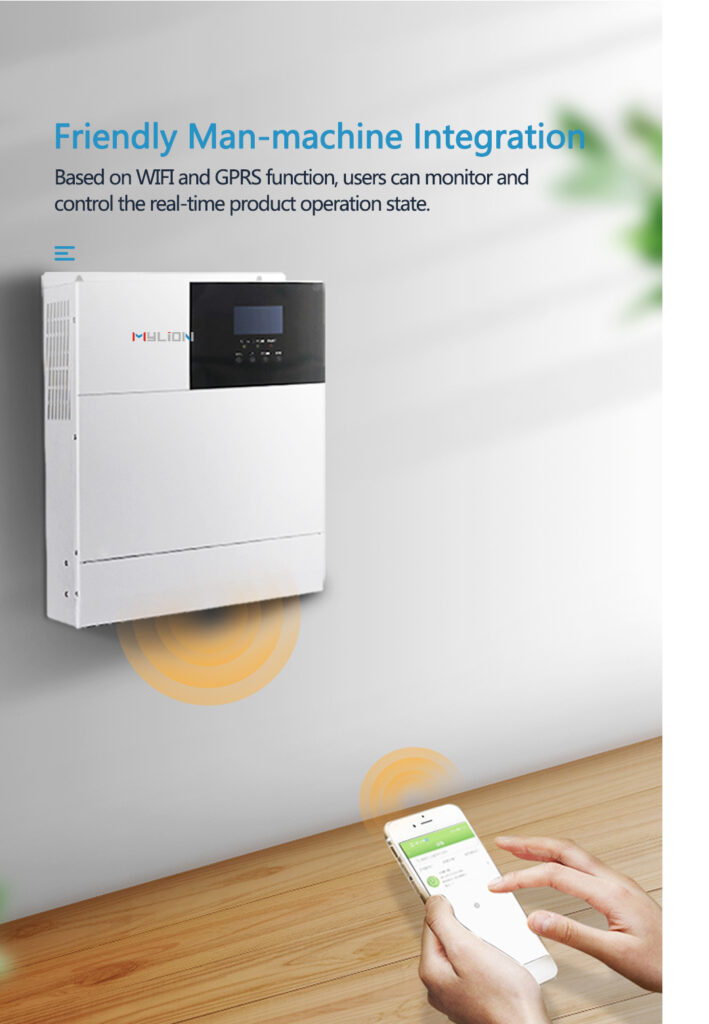
The distinction between an inverter and home ups
The major distinction between an inverter and your home-based UPS is their power levels. A UPS offers continuous power and high-quality that is powered by batteries, and an inverter can convert DC battery power into AC power. It also provides power for a brief time, even when the primary power source is unavailable.
The UPS generally costs more than an inverter when considering the same power ratings because of its additional features. A UPS is needed when a continuous power supply during blackouts is required, and an inverter that comes with external batteries is a cost-effective option if there is no need for it. A good example is a data centre that needs constant energy (UPS) instead of lighting, which can withstand brief power interruptions (inverter or battery).
Two power transformations occur when the leading electricity powers batteries charged for charging. One is that of the AC supply. It’s changed into DC for charging batteries, and secondly, the battery’s output needs to be returned to AC. A rectifier is needed to utilize the AC source to power batteries. UPS units come with this feature. However, a charge controller is required when batteries are connected to an inverter.
The UPS device transforms into a battery energy source when there is a power disruption. This will ensure that your devices are functional even during a power interruption and avoids data loss that might occur if you utilized an inverter instead. UPS also prevents power surges by regulating the power flowing to the power source. This means you do not have to worry about purchasing surge protectors that come with UPS.
Inverters convert the DC power of the battery to AC to charge your devices. This implies that if there is a power failure, the data you’ve been working on could be lost if the battery runs out of power. There isn’t any surge protection that is provided by an inverter.
The main difference between an inverter and UPS could be observed in the former comes with additional features, such as switching capabilities and surge safety. Security for your data is enhanced if you are ever experiencing unintentional blackouts.
Choosing the Right UPS or Inverter for Your Home
If you require clarification about which UPS will be the ideal choice for your home, be sure to pick the right UPS Inverter is an important choice. It is important to be aware of the advantages each has and the best solution for your needs.
The inverters, as well as UPS, are available in a variety of dimensions and offer different capabilities for power storage. So, when selecting the right UPS or inverter, it’s crucial to look at aspects like price capacities and features and capabilities such as surge protection and remotely monitored phone chargers. Your budget could play a role in determining the best choice for you. This is why you must conduct some research before making a decision.
Frequency of power outages
The first thing to consider is how often power interruptions occur. Suppose you’re experiencing frequent outages throughout the time. In that case, an inverter might be a good option, providing a more robust power backup than a UPS. However, a UPS may be a better choice if outages are frequent and last only one or two minutes.
Mobility is vital.
Do you need the battery to move? If so, a UPS is an ideal choice since they are considerably smaller and lighter than inverters. This makes them ideal for camping trips or any trip where electricity isn’t easily available or reliable.
Budget
Budget plays an important role in deciding on the most suitable power backup solution. UPS are generally more affordable than an inverter and will offer adequate performance for shorter periods. Inverters are the most suitable choice for those looking for something that will last longer and provide superior performance. It is important to note that they’re higher priced initially.
When to Choose an Inverter
An inverter is a tool to supply power backup for electronic equipment in case of brief interruptions or voltage fluctuations. It’s a device which can convert 12 Volts DC to 220 volts AC. Imagine it as a backup source of power when the power goes out.
When to Choose a Home UPS
If your devices need to be protected from frequent power interruptions and voltage fluctuations, consider using an uninterruptible power supply (UPS). It is designed to provide Security and stability for expensive electronic equipment like computers, preventing them from harm in the case of sudden spikes or drops in the power supply. It works by providing constant change to AC to DC using a backup battery with a large capacity.
Find the best quality Inverters and UPS on MYLION’s website. MyLION site.
Inverters can provide an emergency power source during brief interruptions but cannot offer long-term solutions. However, UPS UPS offers long-term solutions that protect the user from regular blackouts and voltage fluctuations.
The homeowners should take the time to study and decide between a UPS or an inverter. It is vital to analyze the electrical power of your home capacity, load capacity and energy efficiency before purchasing either. Ultimately, your choice should be based on your family’s particular needs.
But, no matter which type of model you select for your home, you’ll receive the best quality UPS and Inverter for a reasonable price exclusively on MyLION. MyLIONwebsite. Look at the options available to pick the best one to meet your requirements.

